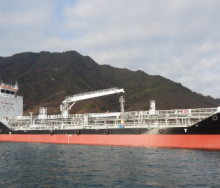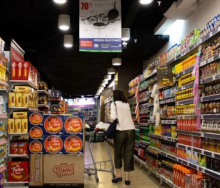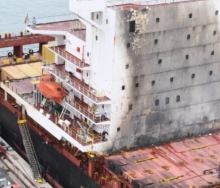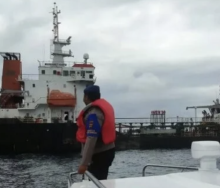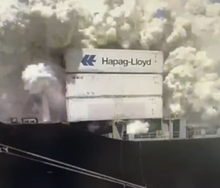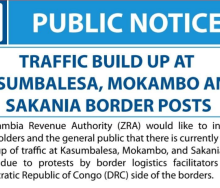Another of what are now frequent gas leaks invading the Port of Durban’s container terminal area temporarily shut down the Durban container terminal (DCT) Pier 2 for a time yesterday.
The types of gas and the source appear not to have been made public in this or past incidents although Transnet Port Terminals (TPT) and the Durban municipality have been involved.
Two incidents in April however, received press coverage. The first was on April 26 when 13-people had to receive medical care, and one person suffered acid burns after an ammonia gas leak near the fresh produce terminal. But it remained unclear what led to that incident.
This was followed on April 30, when Transnet said it might have to carry out further investigations to determine the source of a strong chemical odour that wafted over the container terminal’s Pier 1 earlier in the day. It said the smell dissipated before investigators could find the source.
As a precaution, the company said all operations at Pier 1 were stopped for four hours, while Transnet spokesperson, Vishern Beakam, said no one was injured in the incident.
These have been followed by other incidents where gas leaks were reported, but no real information was released on any of these.
The problem yesterday, however, went out on the Internet, where reports were carried that said the municipality was at Pier 2 assessing the gas leak. They added that there was standing traffic on the Bayhead Road access to the terminal, because the DCT had come to a temporary stop because of what the municipality described as “a mild gas leak”, and the ‘net warned that Bayhead Road should be considered a “no go” area.
However, no further information was released before the FTWO print deadline, and telephone calls to contacts at TPT went unanswered.
But, at the next meeting of the Durban Ports Committee, the chairman of the Durban Harbour Carriers Association (DHCA), Kevin Martin, told FTWO that he will be tabling the question of what has been causing these gas scares, and just what is being done to combat the problem going forward.



